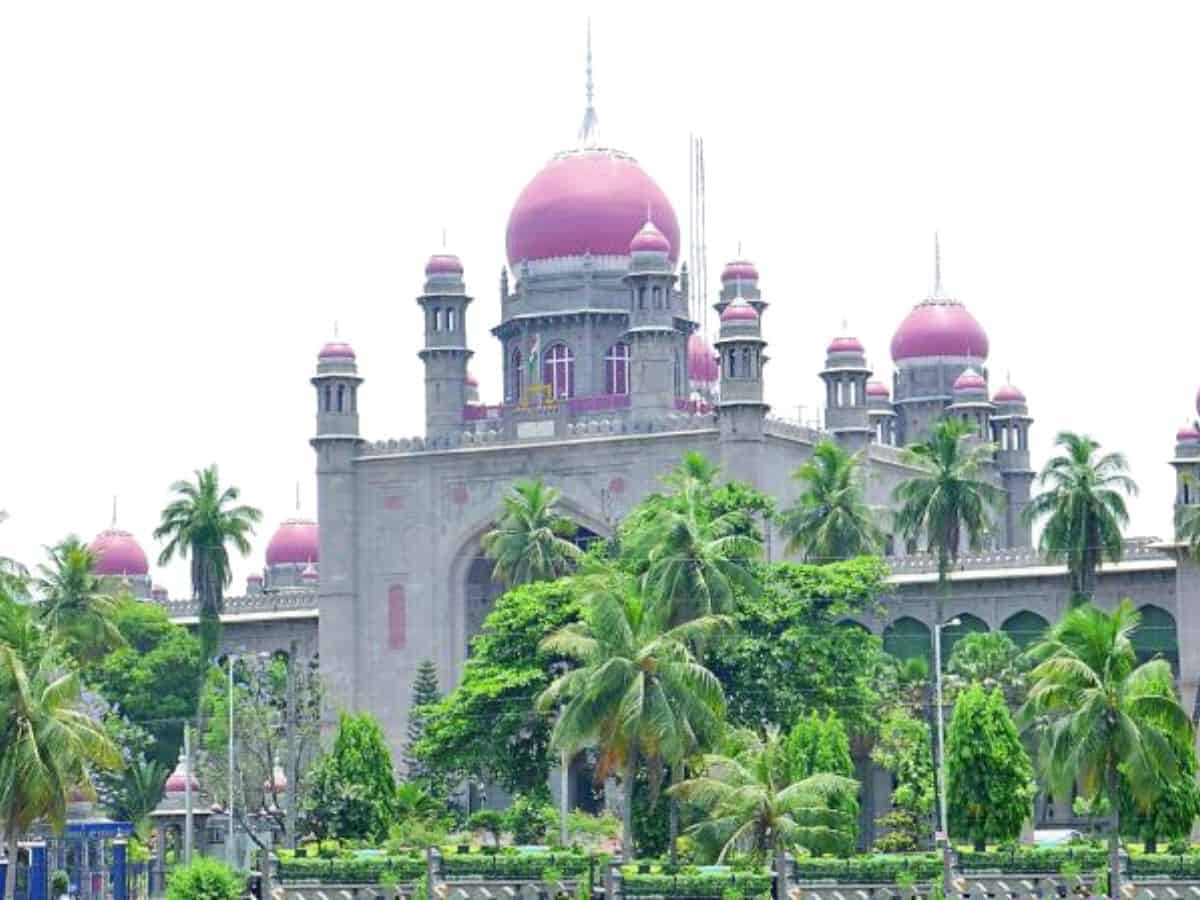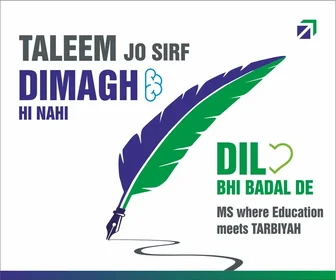
Hyderabad: The Telangana High Court has barred rice millers engaged in legal proceedings with the state government, from alienating their immovable properties till November 5, when the final verdict will be pronounced.
The High Court bench comprising chief justice Alok Aradhe and justice J Sreenivas Rao was hearing a batch of four writ pleas on Monday, when this relief to the state government was granted.
The case was related to several partnership firms engaged in the manufacturing and sale of custom milled rice (CMR) and its by-products. They had entered into an agreement with Telangana State Civil Supplies Corporation through GO Ms No 18 on October 30, 2015, which had made it mandatory for those rice millers to process paddy and deliver CMR as per the terms set by the state government.
However, the civil supplies corporation had found several discrepancies with regard to the stock of CMR in those rice mills, and the quantity milled and delivered for the public distribution system during the 2022-23 marketing season.
In August, a single-judge bench ruled in favour of the rice millers, stating that the civil supplies corporation had not followed the due process when issuing the distraint orders while initiating the proceedings under the Telangana Revenue Recovery Act, 1864, against those companies.
The respondents had claimed that the torrential rains during that period led to significant damage to the paddy crop across the state. As a result, the state government supplied more paddy than the millers could handle, leading to issues in storing and milling, the respondents argued.
The respondents challenged the distraint order in four writ petitions, which were decided in their favor by a Single Judge in August 2024. The court ruled that the Civil Supplies Corporation had not followed the due procedure, and granted the State the liberty to proceed afresh.
During the hearing on the appeal, the advocate general argued that the respondents were not entitled to any further notice before the recovery actions, and that any leniency towards them would be an abuse of the legal process.
The respondents’ counsel argued that the Civil Supplies Corporation, being a party to the agreements for the delivery of the custom milled rice, could not act as both the judge, and the party in the recovery proceedings. He stressed that the arbitration clause required an independent adjudication of the dues.
Additionally, the rice millers in question contended that the distraint orders couldn’t be issued against the directors or shareholders for the liabilities of other companies. One respondent also cited a government order enforcing a 90-day moratorium on the recovery actions, which was still in effect.
The court granted the advocate general a short accommodation to clarify whether any notice was issued to the respondents, and in the meantime, ordered that no alienation of immovable assets by the respondents should take place till the next hearing, which would mean maintaining status quo and not trying to create further litigation through workarounds.

